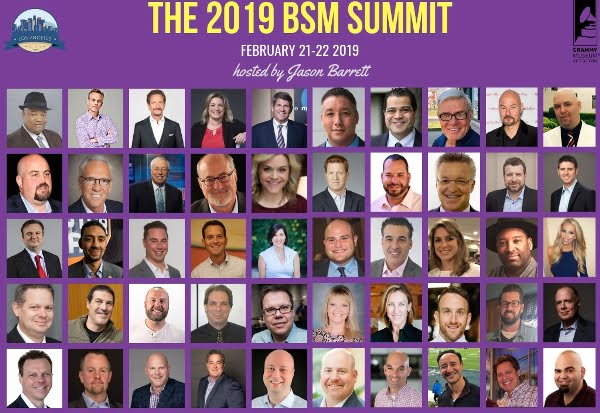Much like we know any publicity is not really good publicity, your customers aren’t always right. In fact, I’d venture to say in my almost twenty-five years in this business, I can think of many more times when a customer was wrong than when one was right. But, the real issue isn’t whether they’re wrong or right, it’s whether or not you call them on it. Great sellers know when it’s appropriate to tell their clients they’re wrong.
Remember a key word we’ve talked about in the past – partnership. In this partnership between your sports radio station and a local business, both sides are expected to bring certain things to the table. In the proverbial “perfect world” the business owner is the expert on his or her business and industry while you’re an expert marketing consultant who sells solutions and ideas, and together you figure out the best strategy to grow the business. Unfortunately, that’s rarely what happens.
Most of us have had a client (or several) like one I had a few years ago who fancied himself not just an expert in his business and industry, but in ours as well. We’d have really good discussions about his business and what was happening within his industry. He was very data driven and seemed to “play the percentages,” with his strategies and go the safe, conservative route. When it came to his marketing campaigns, however, he ignored facts and figures and took a very liberal, high risk approach of investing in expensive, short-term opportunities, “a quick pop” he would say.
The strategy was wrong. As nicely as I could, I explained the rules of frequency and consistency when it comes to radio advertising and everything I said fell on deaf ears. He was interested in buying our station, but he only wanted to buy it his way with little to no input from us. I did what I normally would in this situation, which was to sell him what he wanted, but I made a point of making sure he was clear this was against my better judgement and that his expectations were unreasonable. I didn’t want him to be able to come back and blame me, the radio station or radio in general, when this campaign failed.

Which, of course, didn’t stop him from trying. After a three month run he didn’t want to renew and said we had oversold our audience size because if it had been what we said it was, he would have gotten more response. When we were eventually able to get him to sit down and meet again, I allowed him to give me his expert opinion on why it didn’t work and more on how his strategy was the way to go. I finally had to come right out and say it, “I’m sorry, but I think you’re wrong.”
I’d love to tell you that he eventually took my advice and went on to be a huge advertiser for years to come. The truth is, I did earn his business back that day and he did (mostly) take my advice with future schedules, although he never truly bought in to the consistency part and so he would end up bouncing from station to station testing the “definition of insanity” theory.
There are other reasons, of course, why we would choose to tell a customer they aren’t always right. Mostly, it should be because of something that is supposed to be our area of expertise. A good business owner wouldn’t be offended by (very respectfully) being told you disagree with them and offer another solution or idea. What kind of partnership would it be if we simply agreed with everything a client said even if we didn’t think it was in their best interest?
The customer can’t really always be right. We can and should treat them with the utmost respect and give them the benefit of doubt in almost every situation. But, when it comes to marketing, we should be the experts and shouldn’t be afraid to push back when need be. Our goal isn’t to always be right, but it is to always earn the renewal.

Dave Greene is the Chief Media Officer for Barrett Media. His background includes over 25 years in media and content creation. A former sports talk host and play-by-play broadcaster, Dave transitioned to station and sales management, co-founded and created a monthly sports publication and led an ownership group as the operating partner. He has managed stations and sales teams for Townsquare Media, Cumulus Media and Audacy. Upon leaving broadcast media he co-founded Podcast Heat, a sports and entertainment podcasting network specializing in pro wrestling nostalgia. To interact, find him on Twitter @mr_podcasting. You can also reach him by email at Dave@BarrettMedia.com.







